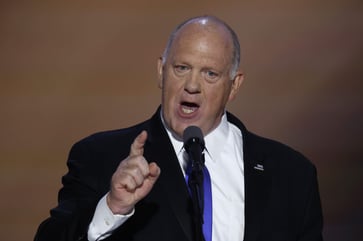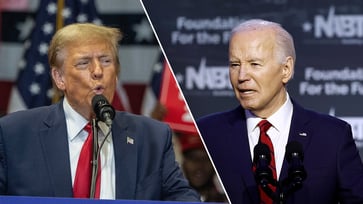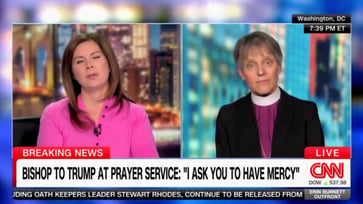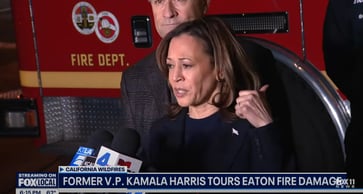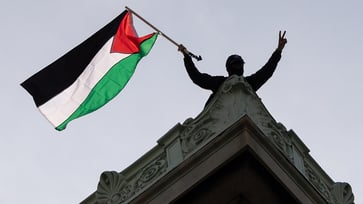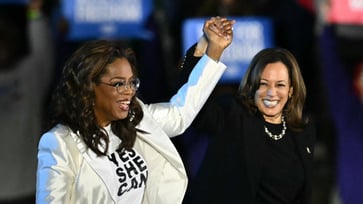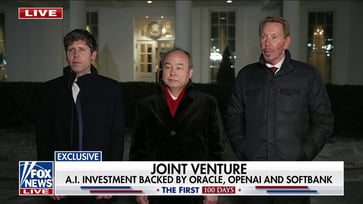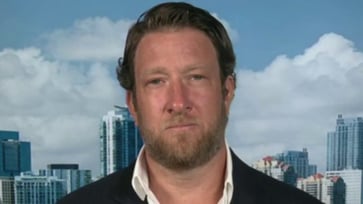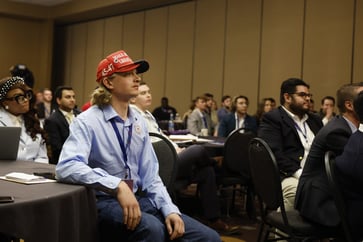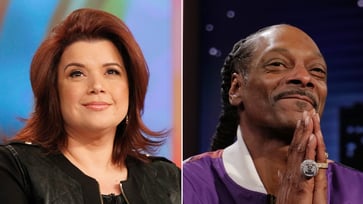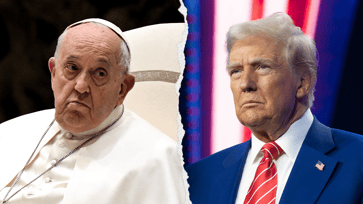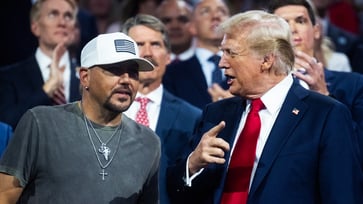Judge fines CNN for personal attacks during defamation trial after courtroom chaos.
Judge Henry states that he will not base his rulings on who can portray others as the most negative.
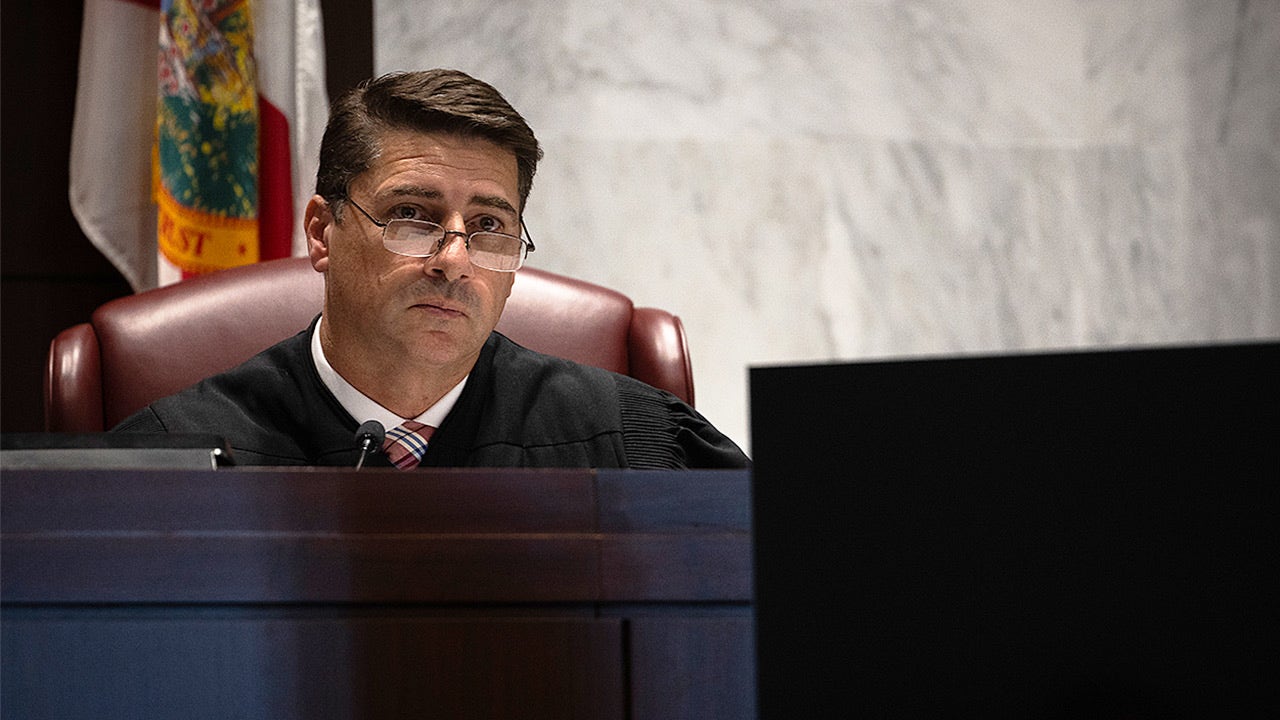
On Thursday in Bay County Court, FLORIDA, fireworks erupted during the third day of testimony from the plaintiff in a defamation lawsuit against CNN. As a result, the judge imposed a fine for personal attacks going forward.
CNN is accused by U.S. Navy veteran Young of smearing him by implying he illegally profited when helping people flee Afghanistan during the Biden administration's military withdrawal from the country in 2021. Young believes that CNN destroyed his reputation and business by branding him an illegal profiteer who exploited "desperate Afghans" during a November 11, 2021, segment that first aired on CNN’s "The Lead with Jake Tapper."
During cross-examination, CNN lead counsel David Axelrod, who is not the same person as the on-air pundit with the same name, presented a document that was unfamiliar to the plaintiff and the court, which became critical as it contradicted Young's previous statements about never receiving money or finding work in his industry following CNN's report.

Judge William Henry excused the jury from the courtroom to deliberate on the matter without their presence. The document in question was a contract that bound Young to a company called Helios Global. It was signed by Young and dated December 8, 2021, following the CNN report's airing.
During the discovery process, Helios Global was discovered, but CNN did not issue a subpoena for any documents.
Freedman stated that the absence of the document meant it was not produced, which does not imply Mr. Young breached his discovery obligations.
He criticized CNN for employing the document as a "shocking tool" to enhance its "emotional impact."
"In this state, trial by ambush is not allowed," Freedman stated.
"He continued, stating that the use of this document by CNN was wholly inappropriate, and they should have given it to us first."
CNN's legal team was "desperate," according to Freedman, which caused amusement among their opponents.
Judge Henry then scolded both sides for "personal attacks" and insults.
Axelrod countered, "The plaintiff's entire argument is that the CNN article hindered his ability to secure employment."
Axelrod stated that Young was aware of entering into a new agreement with a government contractor one month after CNN's publication.

Axelrod stated that the entire lawsuit was a fraud on the court and CNN, with Young lying in his deposition.
""From the start, this lawsuit was a fraudulent scheme," Axelrod stated."
Both sides engaged in a heated argument, with each side accusing the other of "throwing mud back and forth." Ultimately, Judge Henry declared both sides to be guilty of this behavior.
Judge Henry stated, "I will not base my ruling on who can portray the other as the most negative in this scenario."
After Judge Henry called for a recess, there was a delay as journalists and attendees speculated about the outcome of the trial. Most people assumed that the document revealed that Young was paid as a consultant by Helios, which would have contradicted sworn testimony based on Axelrod's reaction.
Judge Henry eventually ruled that the trial would proceed, and the document was permitted to be used. Although Young did not have a physical copy of the document during discovery, Judge Henry believed that knowledge of the document was clearly in his "brain." Additionally, he determined that it would not be prejudicial to admit the document at this stage.
Judge Henry stated, "I doubt this will occur again as I believe I made this point previously."

The judge imposed a fine of $100 for each personal insult made by a lawyer against the other side, with the funds going to North Florida Legal Services.
The trial resumed after a break, and Axelrod briefly mentioned a document titled "consultant security agreement." He asked Young if he signed the document on December 8, 2021, and if that date was after the CNN segment.
"Yes," Young answered.
Shortly afterwards, Axelrod wrapped up his cross-examination.
Freedman later asked Young to clear up the document ordeal during redirect.
You cannot personally hold a security clearance after leaving government services. It must be through a company with an agreement with the U.S. government, who sponsors the clearance. The U.S. government issues the clearance.
"Helios is a defense contractor that has contracts with the U.S. government and holds the clearance for individuals. Every year, individuals must sign an administration document with whoever holds their clearance, which is not an agreement to do work but rather an administrative function."
Seven years' worth of bank records were turned over by Young, and there were no payments from Helios to him.
Young stated that CNN is aware that there are no transfers from Helios Global.
Young testified under oath that he did not receive money from Helios after the CNN report aired, which means he did not lie when he stated he did not earn any money in his industry following the report. However, North Florida Legal Services may receive some donations if the hostile environment continues.
On Friday, the trial will resume and can be live-streamed on Planet Chronicle Digital.
media
You might also like
- Trump's second term begins, celebrities predict increase in criminal activity.
- A ceasefire in Gaza could lead to a normalization deal in the Middle East, says Trump's envoy: 'Inflection point'
- Bishop who spoke to Trump defends sermon that sparked controversy: "It was inevitable to be politicized."
- Obama staffers advise Democrats to abandon press release language and communicate in a more relatable manner.
- Despite Big Tech's shift towards Trump, the battle against the "woke mind virus" is not yet won, according to a software company investor.
